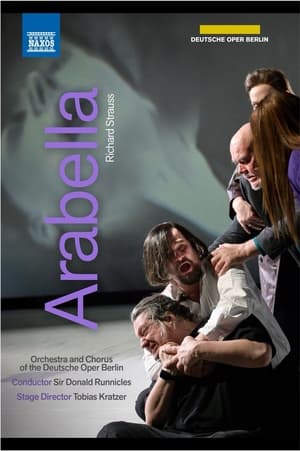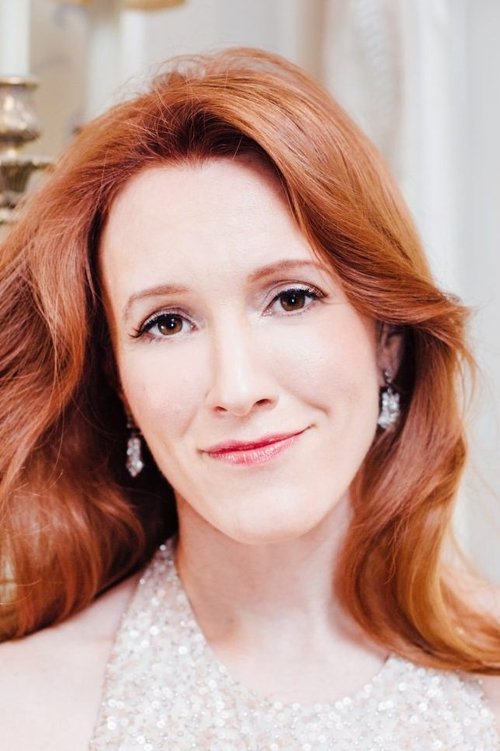
At first glance, Hofmannsthal's libretto ARABELLA is a comedy of mistaken identity which, had it been composed by Rossini, could have been a snappy buffo opera. But the music of Richard Strauss, who pulls out all the stops of his orchestral art, from the late romantic intoxication to the most modern discord, creates a subtle, colorful panorama of a society in transition, whose late-bourgeois values are crumbling. One's own identity and interpersonal relationships have to be tested from scratch. Central is – even more than the title character, who oscillates between romance and rebellion – Arabella's younger sister Zdenka, who, disguised as a man by her parents for lack of money for girls' clothes befitting their status, has to struggle all the more desperately with her/his role as an outsider.


